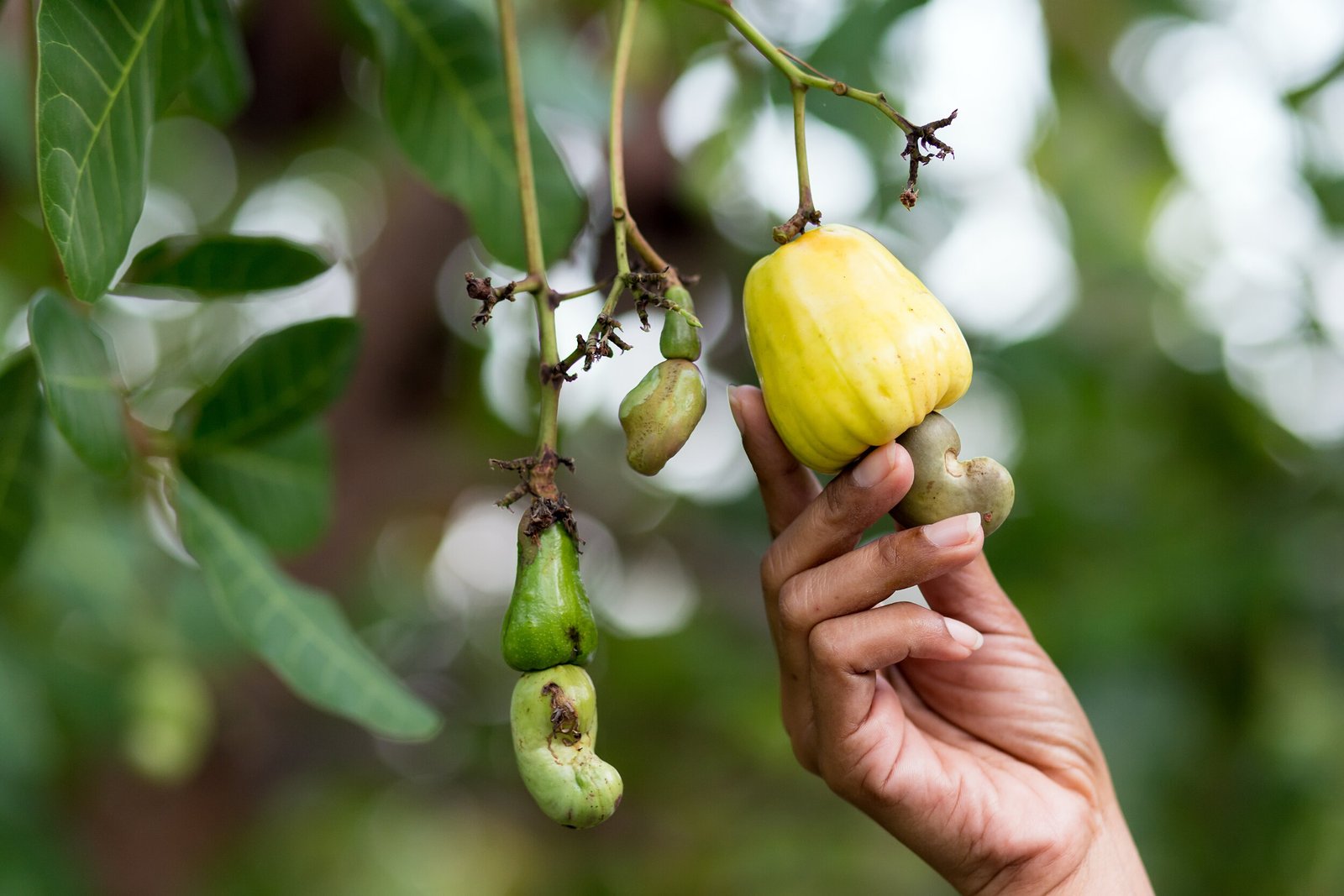The Rise of Cashews as a Cash Crop in Ghana
In recent years, cashews have emerged as Ghana’s second-largest cash crop, following closely behind the nation’s traditional staple, cocoa. This significant shift can be attributed to various economic and social factors that have made cashew cultivation increasingly attractive to Ghanaian farmers. One of the primary drivers of this transition is the rising global demand for cashews, which has positioned them as a highly profitable crop with lucrative market opportunities. Furthermore, Ghana’s climate is particularly well-suited for cashew farming, offering ideal conditions that enhance yield and quality.
Economic incentives have played a crucial role in motivating farmers to diversify their crop portfolio. The profitability of cashews, relative to other crops, has provided a compelling reason for farmers to invest in this sector. Additionally, government policies and initiatives have been instrumental in promoting the growth of the cashew industry. Programs aimed at providing access to quality seedlings, training on best farming practices, and financial support have significantly contributed to the expansion of cashew farming in Ghana.
Currently, the cashew industry in Ghana is predominantly concentrated in specific regions known for their high production capacities. These regions include Brong-Ahafo, Northern, Upper West, and Volta, which collectively account for the majority of the country’s cashew output. According to recent statistics, Ghana’s cashew production has seen a remarkable increase, with annual outputs reaching significant figures that underscore the crop’s economic importance.
Despite these positive developments, cashew farmers in Ghana face several challenges that hinder the full potential of the industry. Access to quality seedlings remains a critical issue, as does the need for effective pest management strategies. Moreover, market access continues to be a significant hurdle, with farmers often struggling to navigate the complexities of both local and international markets. Addressing these challenges is essential for sustaining the growth trajectory of Ghana’s cashew industry and ensuring that farmers can fully benefit from their investments.
Innovative Strategies for Adding Value and Increasing Yields
Ghana’s cashew industry is undergoing significant transformation through the adoption of innovative strategies aimed at enhancing both the value and productivity of cashew crops. One of the primary techniques being embraced is the processing of raw cashews into kernels. This value addition not only increases the market price of the cashews but also opens up new avenues for product diversification. Products such as cashew butter and cashew milk are gaining popularity, not just locally but also in international markets, thereby creating lucrative export opportunities.
In addition to value-added products, advancements in agricultural practices are pivotal in increasing cashew yields. Improved planting techniques, including the use of high-yielding and disease-resistant cashew varieties, are being promoted. These techniques, when combined with efficient irrigation systems, ensure that cashew trees receive adequate water throughout their growth cycle, significantly boosting productivity. Furthermore, effective pest control methods, such as integrated pest management (IPM), are being employed to mitigate crop losses caused by pests, thus ensuring healthier and more productive cashew trees.
The role of technology and research cannot be overstated in this context. Research institutions are actively involved in developing high-yielding cashew varieties and sustainable farming practices. These innovations are crucial for maintaining the long-term viability of the cashew industry. For instance, precision agriculture technologies, such as drones and soil sensors, are being used to monitor crop health and optimize resource usage. These technological advancements enable farmers to make informed decisions, thereby enhancing overall farm efficiency and productivity.
The economic and social benefits of these innovations are far-reaching. For farmers, the adoption of these advanced practices translates to increased income and improved livelihoods. The broader community stands to benefit through job creation, as processing facilities and export businesses generate employment opportunities. Additionally, the increased productivity and value addition contribute to enhanced food security, as a more robust cashew industry can support the nutritional needs of the populace.
Overall, the innovative strategies being implemented in Ghana’s cashew industry are setting the stage for sustainable growth and prosperity, ensuring that the sector remains a vital component of the nation’s agricultural landscape.




































